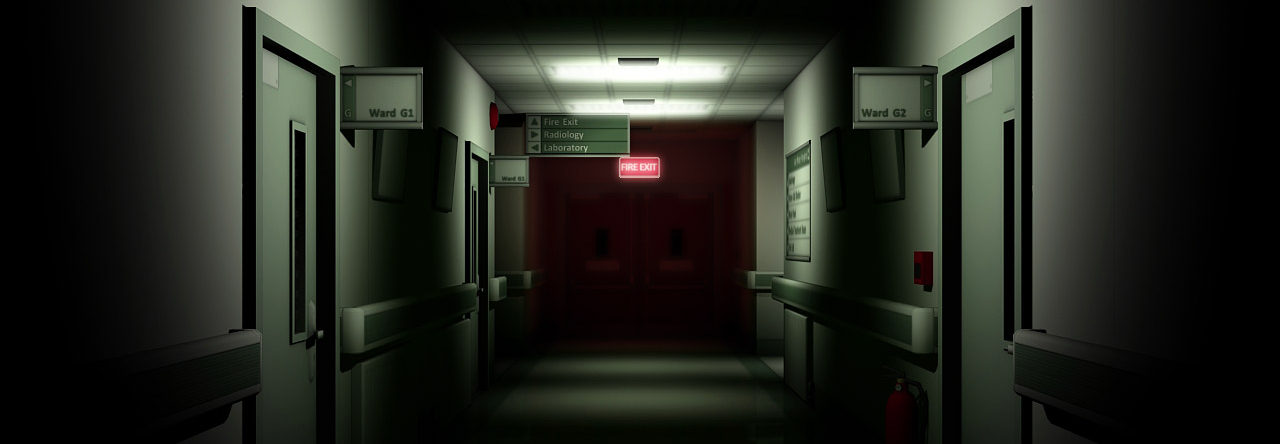
An article in The Atlantic spends a horrible tale of how a doctor in an emergency room in Brooklyn failed to take a woman’s abdominal pain seriously. It is, of course, told from the patient’s husband’s point of view; however, a lot of what he says is very real in emergency medicine and other medicine for that matter.
Early on a Wednesday morning, I heard an anguished cry—then silence.
I rushed into the bedroom and watched my wife, Rachel, stumble from the bathroom, doubled over, hugging herself in pain.
“Something’s wrong,” she gasped.
Acute pain onset with immediate vomiting is truthfully a general condition that could mean anything. Definitive care in the situation is the best thing to do because you never want to ignore immediate onset pain.
Granted, every emergency room patient feels like they are the most acute, abdominal pain is usually the harbinger of something more serious:
“She’ll have to wait her turn,” she said. Other nurses’ reactions ranged from dismissive to condescending. “You’re just feeling a little pain, honey,” one of them told Rachel, all but patting her head.
Okay, oh my God this is why nurses are not taken seriously. This condescending comment followed by the word “honey.” Is enough to make me want to drive to Brooklyn, grabbed this nurse by the lapels, and shake her until some level of nursing professionalism enters her body. I know this sounds strong, but this is really a significant problem in nursing. This woman has to be at least in her mid to late 20s or 30s, has a job, and is married; and doesn’t need to be treated like a child.
Everyone we encountered worked to assure me this was not an emergency. “Stones,” one of the nurses had pronounced. That made sense. I could believe that. I knew that kidney stones caused agony but never death. She’d be fine, I convinced myself if I could only get her something for the pain.
Oh good, I’m so glad the nurse made a diagnosis here; but that is not her job. When the doctor came in:
By 10 a.m., Rachel’s cot had moved into the “red zone” of the ER, a square room with maybe 30 beds pushed up against three walls. She hardly noticed when the attending physician came and visited her bed; I almost missed him, too. He never touched her body. He asked a few quick questions and then left. His visit was so brief it didn’t register that he was the person overseeing Rachel’s care.
Okay, I realize that this is a person’s story about a lousy emergency room visit that turned into an almost deadly emergency room visit. This patient had ovarian torsion, which is where the ovary twists the fallopian tube and cuts off blood to itself and is truly a surgical emergency. There’s a lot of emotion, but in the story, there’s a lot of hints of super, super, super bad both provider care and nursing care.
In several parts of the article, the woman is written off by nurses as, “all women have pain.” What makes this any different? Pain is pain. Pain is a sign from the body that something is very wrong with it. Pain should always be addressed and located precisely. Not just written off because of common signs or symptoms.
This woman was assumed to have kidney stones which are painful, but not life-threatening. This diagnosis was made by numerous people who never even looked at her CT scan. When a competent physician finally looked at the CT scan, she immediately ordered an ultrasound and very shortly after that they were preparing the patient to be admitted and for surgery.
Is it a cautionary tale here? As a nurse, as a provider, you should always assess the patient as they lay. You should not settle on a specific diagnosis without confirming it through testing. You should not brush off things based on common symptoms. I know I tell you not to do this, but Google abdominal pain the number of diagnoses possible is enormous. Yes, it was okay to assume this could be kidney stones, but there are great many more differential diagnoses that need to be explored, especially with a woman. No matter what, you cannot assume a particular diagnosis without some type of test confirmation.
An emergency department has all the diagnostic capabilities of the hospital at its disposal right now. The attending physician should be able to make a preliminary diagnosis with this capability.
The bottom line here is advocate for yourselves and your family. Nurses stop acting like… Stop mothering people. It does nothing for our profession, it does nothing for the patient, and quite frankly it makes you look like an ass. You are trained to assess people the same as a doctor is trained to evaluate people. Yes, you can have an excellent bedside manner, but clearly, this is not the correct bedside manner to have.
Once again, this is an article filled with emotion, how much of it is true I don’t really know. It does, however, talk a lot about how we need to take things seriously and advocate for our patients. It also is a perception of the patient and family and in the end, you all know who the hospital administration will support.

